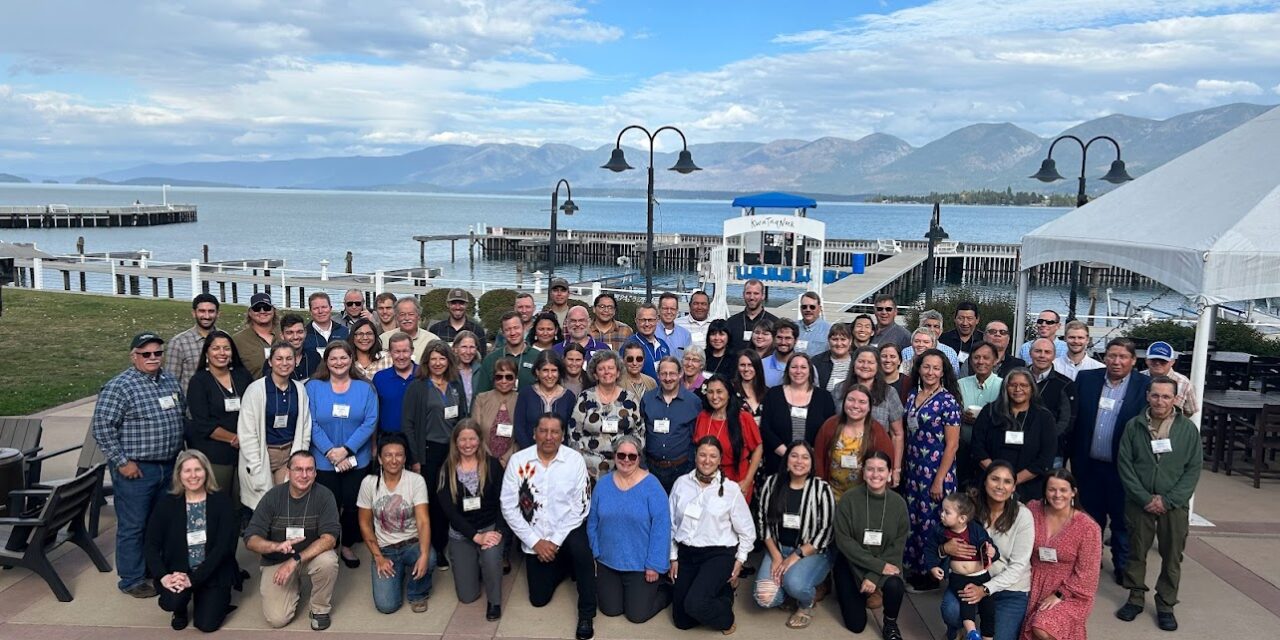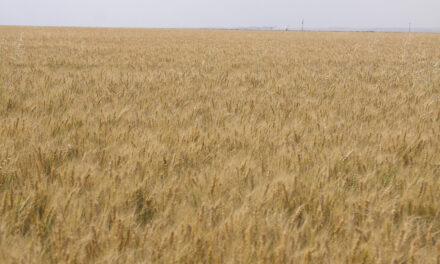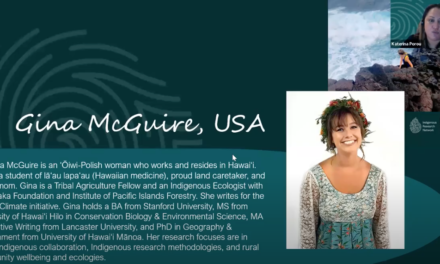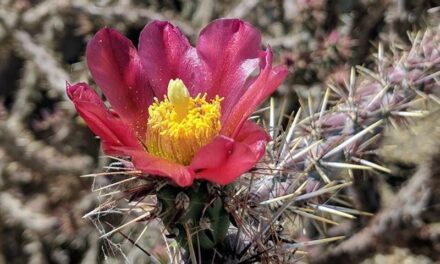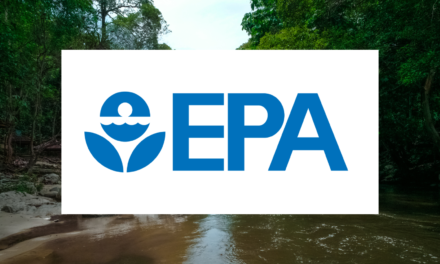On Sept 26-28 in Poulson, MT, NOAA-NIDIS and the Confederated Salish and Kootenai Tribes co-hosted a drought resilience workshop for tribes from the Upper Columbia and Missouri Basin. The workshop was attended by participants from more than 15 tribes from across the region, as well as representatives from many federal agencies.
Members of the Native Climate team moderated workshop sessions and provided presentations, including “Drought in a Changing World: The Past, Present, and Future of Drought Adaptation and Resilience in the Columbia and Missouri River Basins” (Kyle Bocinsky), “Interweaving Traditional Knowledge and Mainstream Science to Enhance Long-Term Climate and Drought Resilience on Tribal Lands (Maureen McCarthy), “The Missouri River and Indigenous Placemaking” (Paige Johnson), and “Determining Best Practices for Collecting and Documenting Drought Impacts” (Vicki Hebb).
Other talks and workshop sessions focused on sharing drought information, drought declaration processes, identifying challenges and possible solutions around drought and mitigation on tribal land, and expanding opportunities for tribes to access funds from the Inflation Reduction Act.
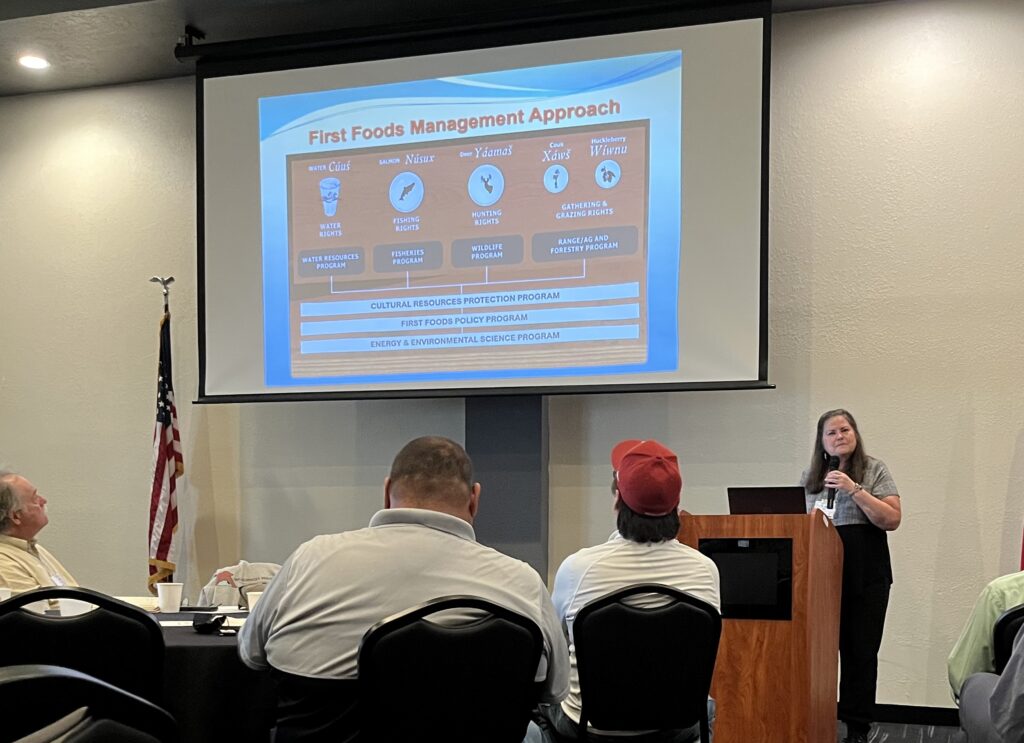
Kate Ely, Umatilla Basin Hydrologist for the Confederated Tribes of the Umatilla Indian Reservation, discusses the Tribes NOAA NIDIS funded development of a Drought Early Warning System centered on First Foods. Credit: Kyle Bocinsky/Native Climate.
Event organizers are now assembling resources, presentations, and takeaways from the workshop for sharing with participants. The information will be linked here as soon as it is available. For an agenda from the workshop, please visit: https://www.drought.gov/sites/default/files/events/Workshop-Building-Drought-Resilience-Final-Agenda.pdf

